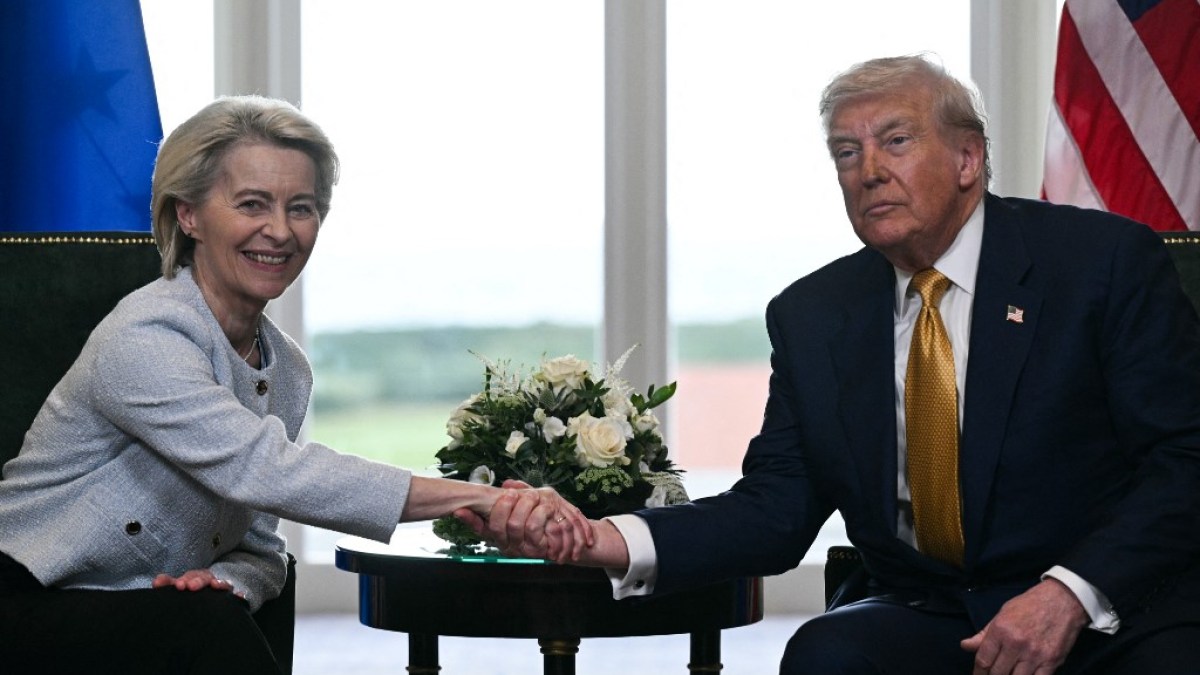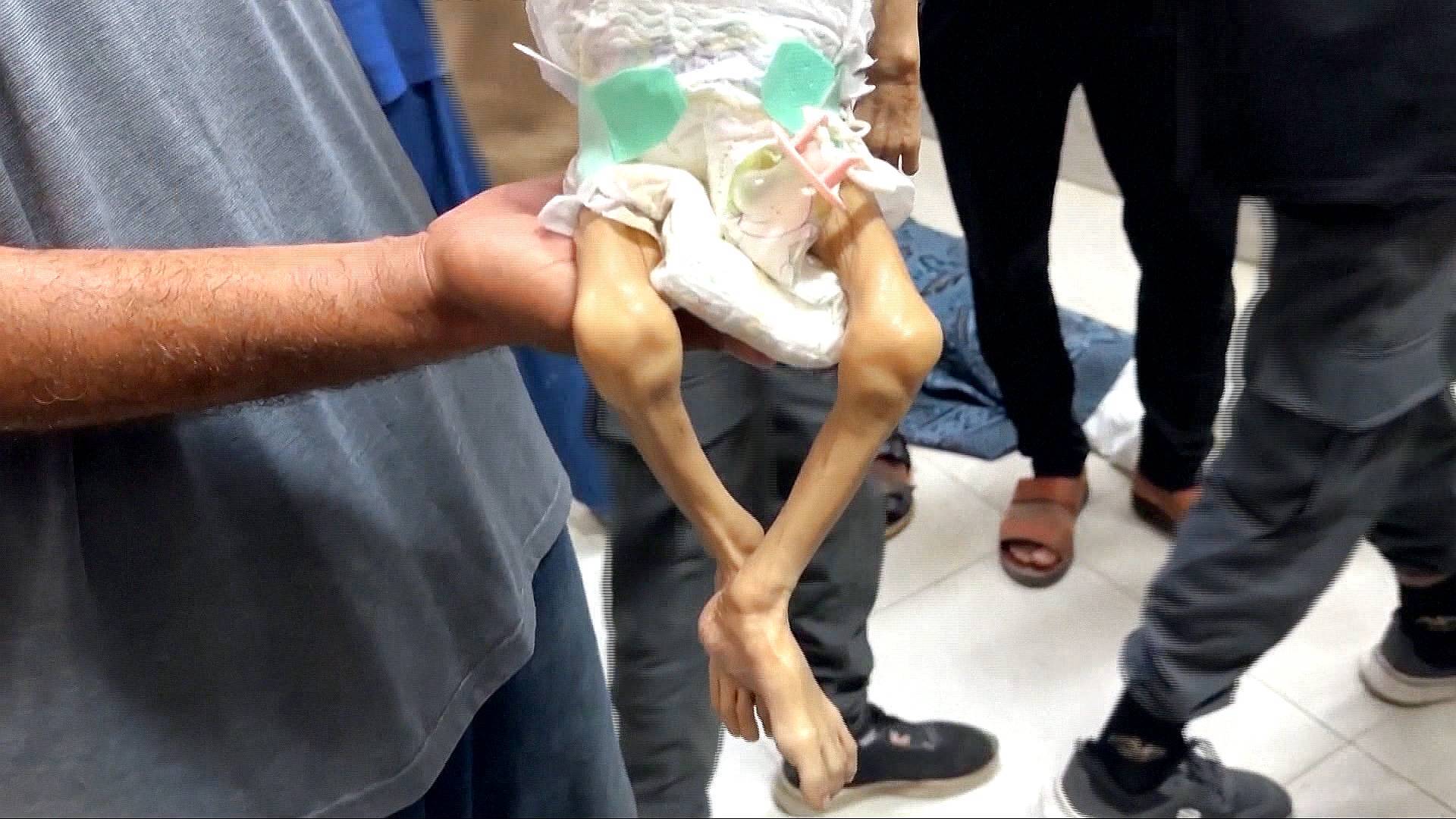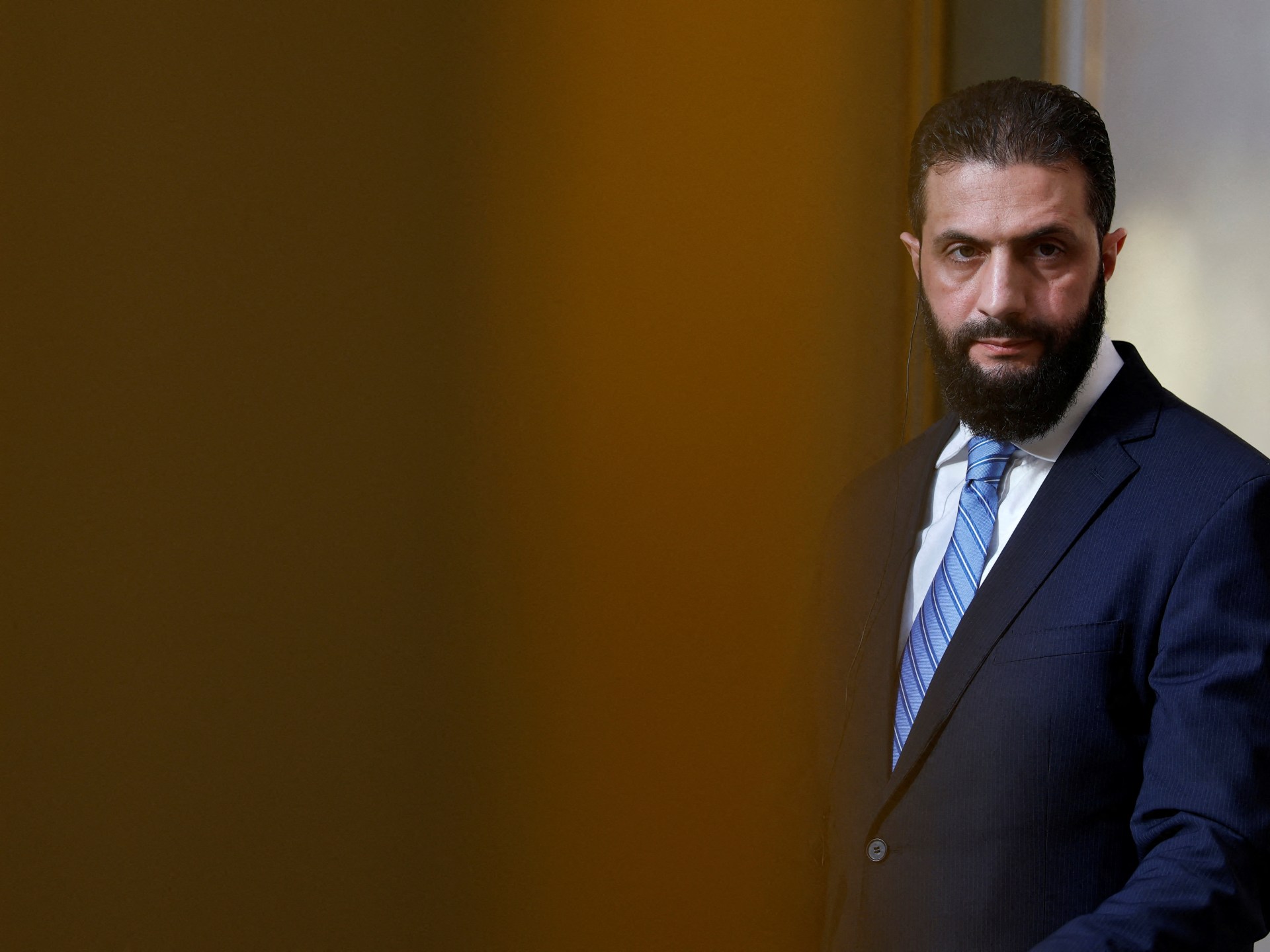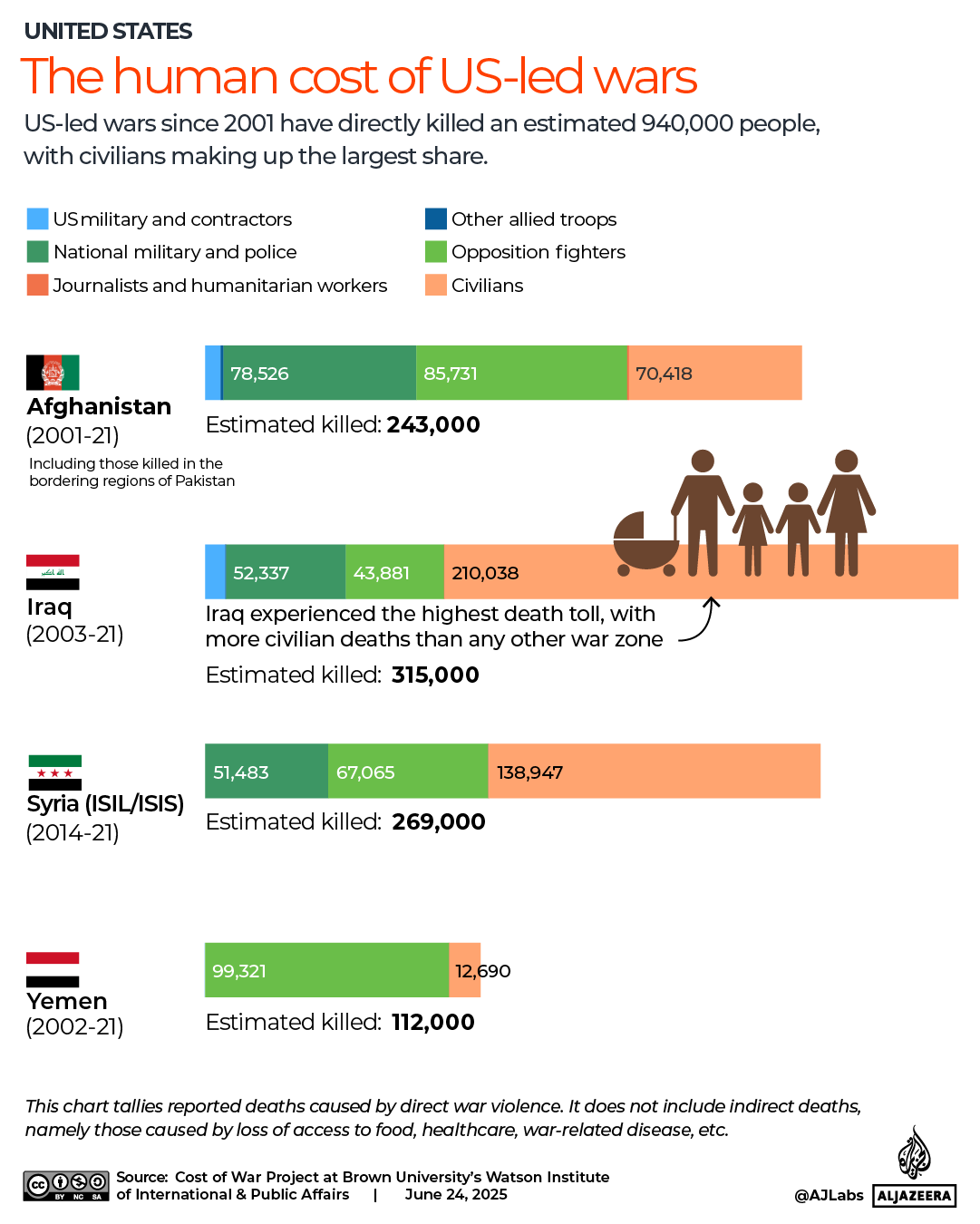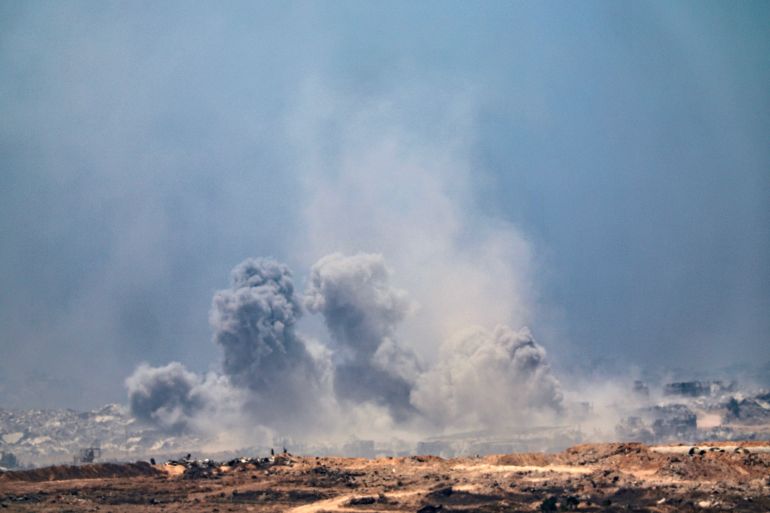A major transatlantic trade war that might have shook the world’s markets could have been avoided thanks to a comprehensive trade agreement between the US and the European Union, which places a 15% tariff on the majority of goods.
Donald Trump and Ursula von der Leyen, the president of the US, had a private meeting at Donald Trump’s Turnberry golf resort in Scotland on Sunday.
The agreement comes just before Washington was scheduled to impose 30% tariffs on EU imports.
“The negotiation turned out to be very interesting. Trump stated to reporters, “I believe it will be great for both parties.” He continued, “It’s a great deal for everyone… a gigantic deal with lots of countries.”
Von der Leyen applauded the deal, saying it would “bring stability and predictability that’s very important for our businesses on both sides of the Atlantic.”
Trump claimed that the EU had agreed to purchase about $750 billion worth of US energy, increase US investment by $600 billion, and place a sizable order for military equipment. The agreed tariff rate of 15% would be largely applicable to cars and other goods, according to both leaders.
Trump remarked, “We have the opening of all of Europe’s nations.” The European market is now effectively open, according to Van der Leyen, who noted that the 15% rate was “across the board, all inclusive.”
Trump has long accused the EU of unfair trade practices, and the negotiations came after months of contentious exchanges. He described the current arrangements as “a very one-sided transaction, very unfair to the United States” just before negotiations started.
Von der Leyen praised the two countries’ combined economic strength, citing their “hundreds of millions of people and trillions of dollars” as the largest trade volume in the world.
Trump responded, “But fair,” to her acknowledgment of his “tough” reputation as a negotiator.
Averted trade war
Trump threatened to continue the 30% tariff unless the EU met the 15 percent terms he had just agreed to with Japan earlier this month, which appeared to be close to breaking down. Trump vehemently responded, “No,” when asked if he would accept anything lower.
Brussels had put together a long list of retaliatory tariffs that targeted everything from beef and beer to parts for Boeing aircraft and cars without an agreement.
German Chancellor Friedrich Merz hailed the US-EU deal as a positive step that prevented a trade war and a significant blow to the auto industry.
He claimed in a statement that “this agreement succeeded in preventing a trade conflict that would have severely affected the export-oriented German economy.” The automotive industry, where the current tariffs of 27.5 percent will be almost halved to 15 percent, is one example.
Giorgia Meloni, the prime minister of Italy, called it “positive” that a trade agreement had been reached, but she needed to see the details, according to the Italian news agency ANSA.
On Monday, Trump and British Prime Minister Kier Starmer are scheduled to meet, with a focus on trade. Trump insists that the larger agreement has already been reached, despite the White House’s acknowledgment that some aspects are still unfinished, despite the release of a separate US-UK trade framework in May.
